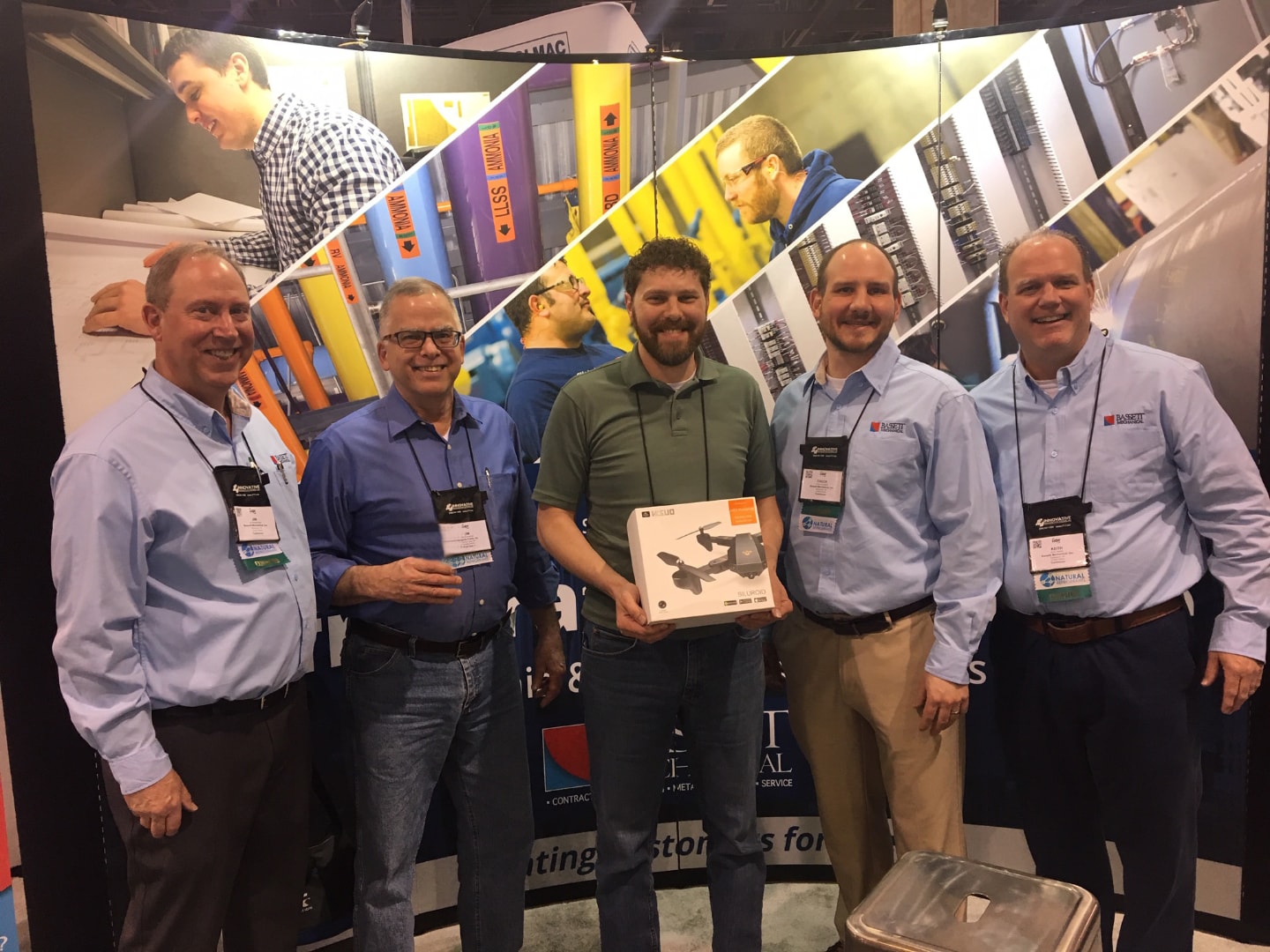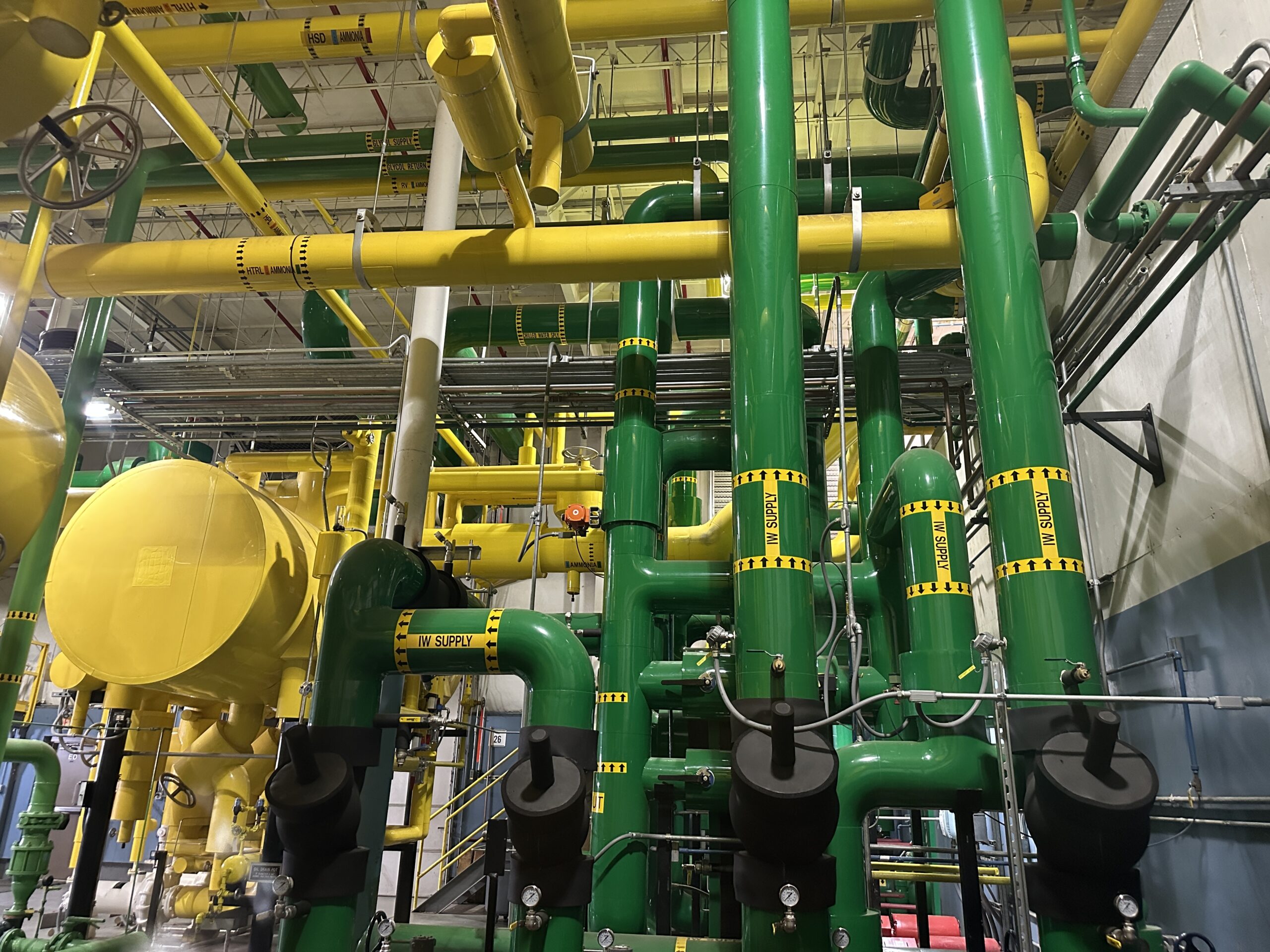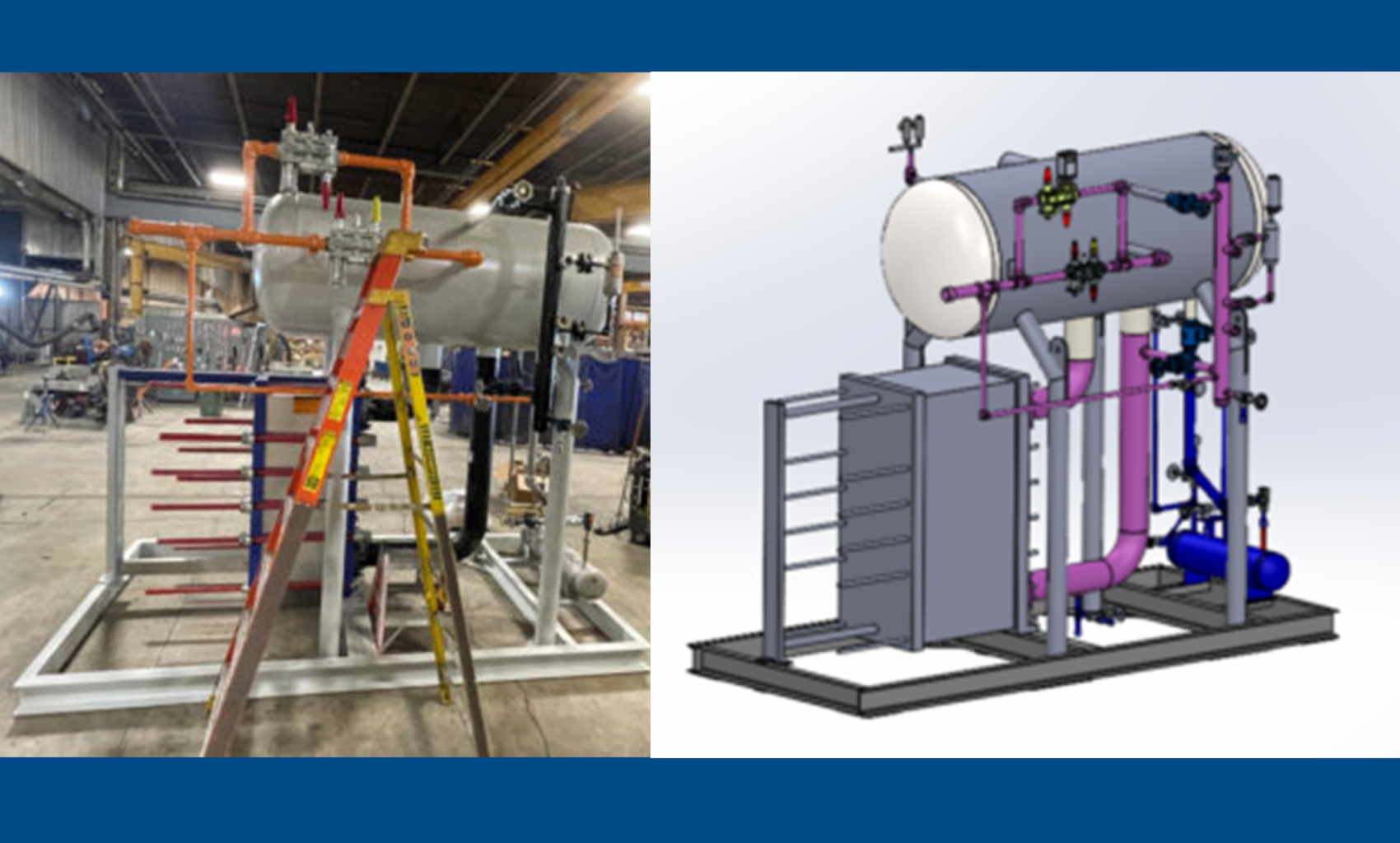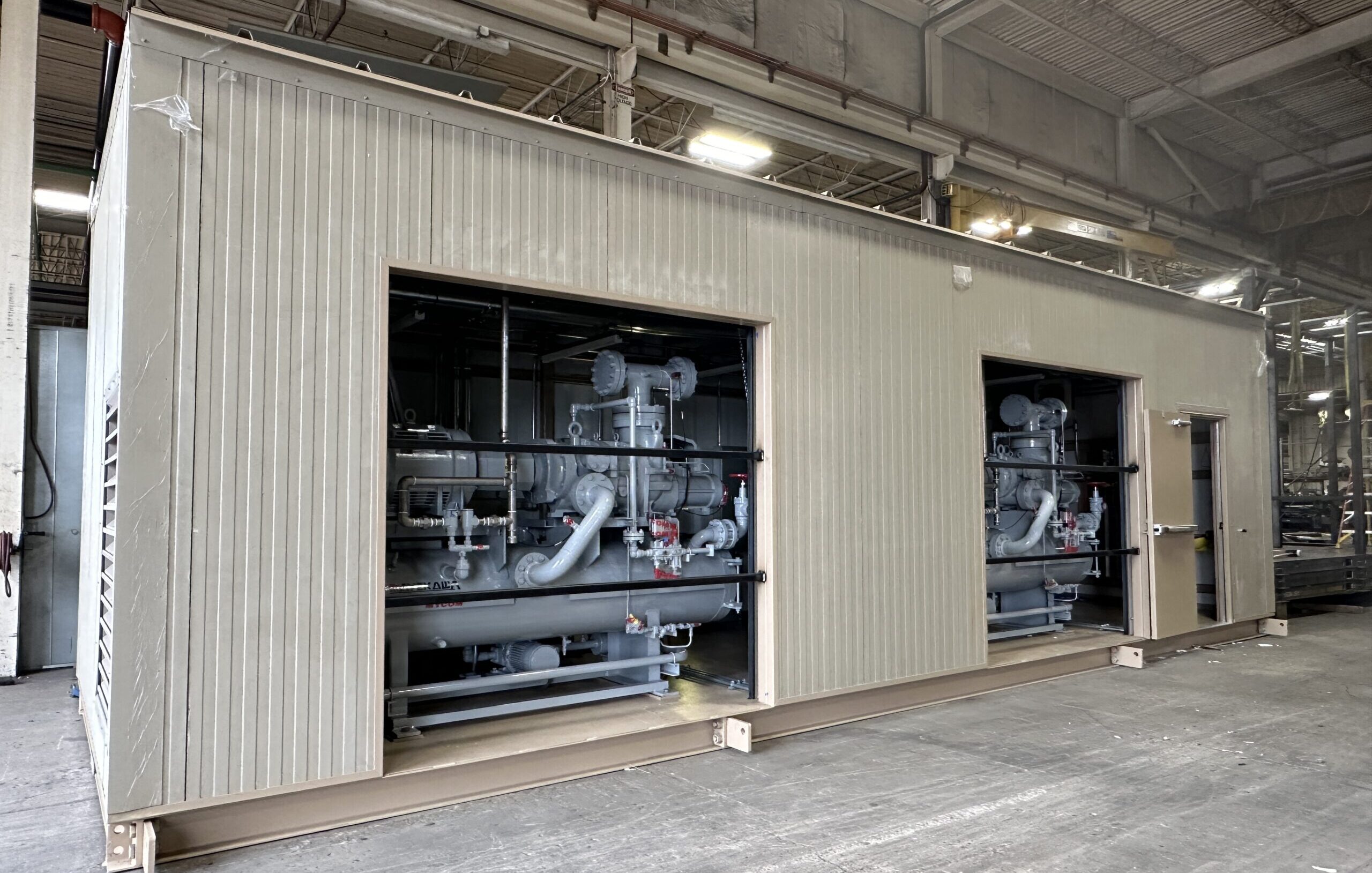Bassett Mechanical was proud to be in attendance at this year’s IIAR Conference & Expo held March 3-6 in Phoenix, Arizona. Our experts not only participated at this year’s show, along with our own Chief Engineer who serves as the conference chair, but we also had the pleasure of being featured as one of this year’s technical papers allowing us to share our knowledge of effective ammonia refrigeration system operating procedures with conference attendees.
In his technical paper, our PSM Compliance Specialist, Mike Keller, shares an understanding of the regulatory requirements for developing operating procedures and how to effectively implement them as part of the Process Safety Management and Risk Management Programs. Below is a summary of the highlights shared during this event.
The goal has been and always will be safety. While compliance with OSHA and EPA requirements is important, the true objective should be for the safety of employees and the welfare of the public.
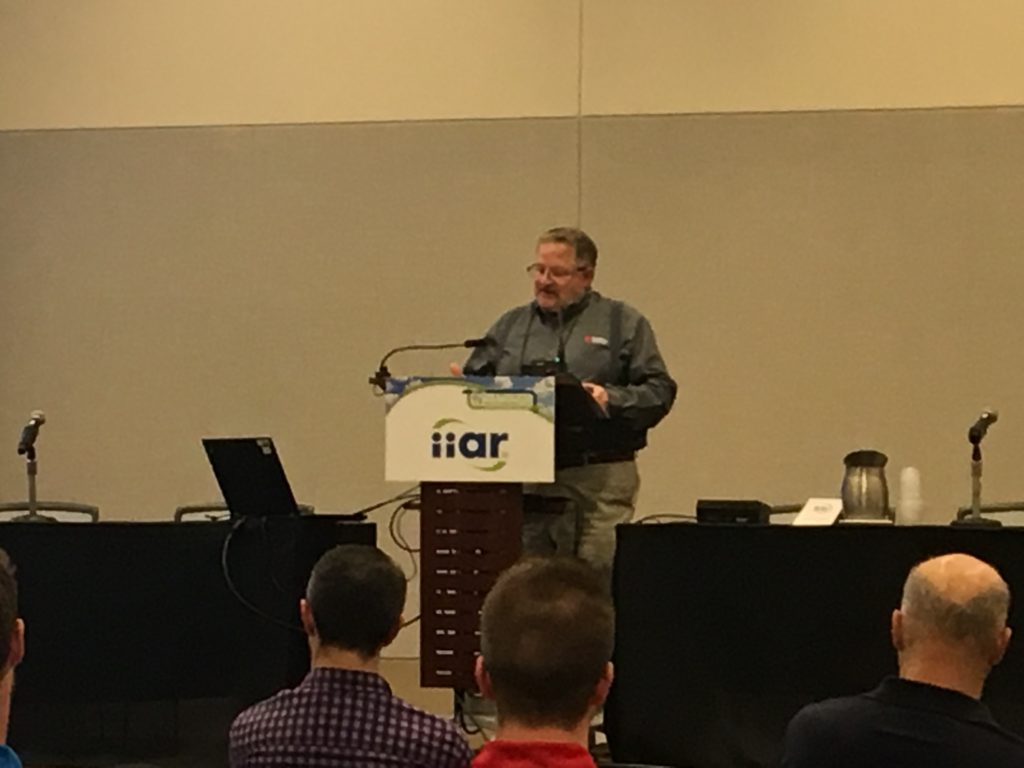
Written operating procedures are necessary to ensure the ammonia refrigeration system is operated within its design parameters and to minimize the possibility of an unplanned, unintended ammonia release. OSHA recognized this fact when including it as a requirement of the Process Safety Management (PSM) program.
An effective operating procedure should provide enough information to allow a trained operator to successfully and safely control the operation of the refrigeration system and its equipment.
Written procedures should use terms and titles used at the facility and known by the operators. To be effective, written procedures should be detailed enough to ensure all the necessary information for completing the tasks are included but written in a way that is brief and succinct.
The process of developing and implementing written operating procedures is easier when broken down into steps. Pre-planning is key to a successful and positive project outcome. Having the right information, determining who will be involved, and how they will be completed will help ensure the project goes smoothly and is completed in a timely manner.
To be effective, operating procedures must be properly written, implemented, followed, and kept current. Written procedures not only satisfy regulatory compliance but provide a multitude of other benefits for the company and the operators.
If you are interested in reading more about these regulatory requirements and creating effective operating procedures for your ammonia system, click here to purchase the entire technical paper on the IIAR website!


